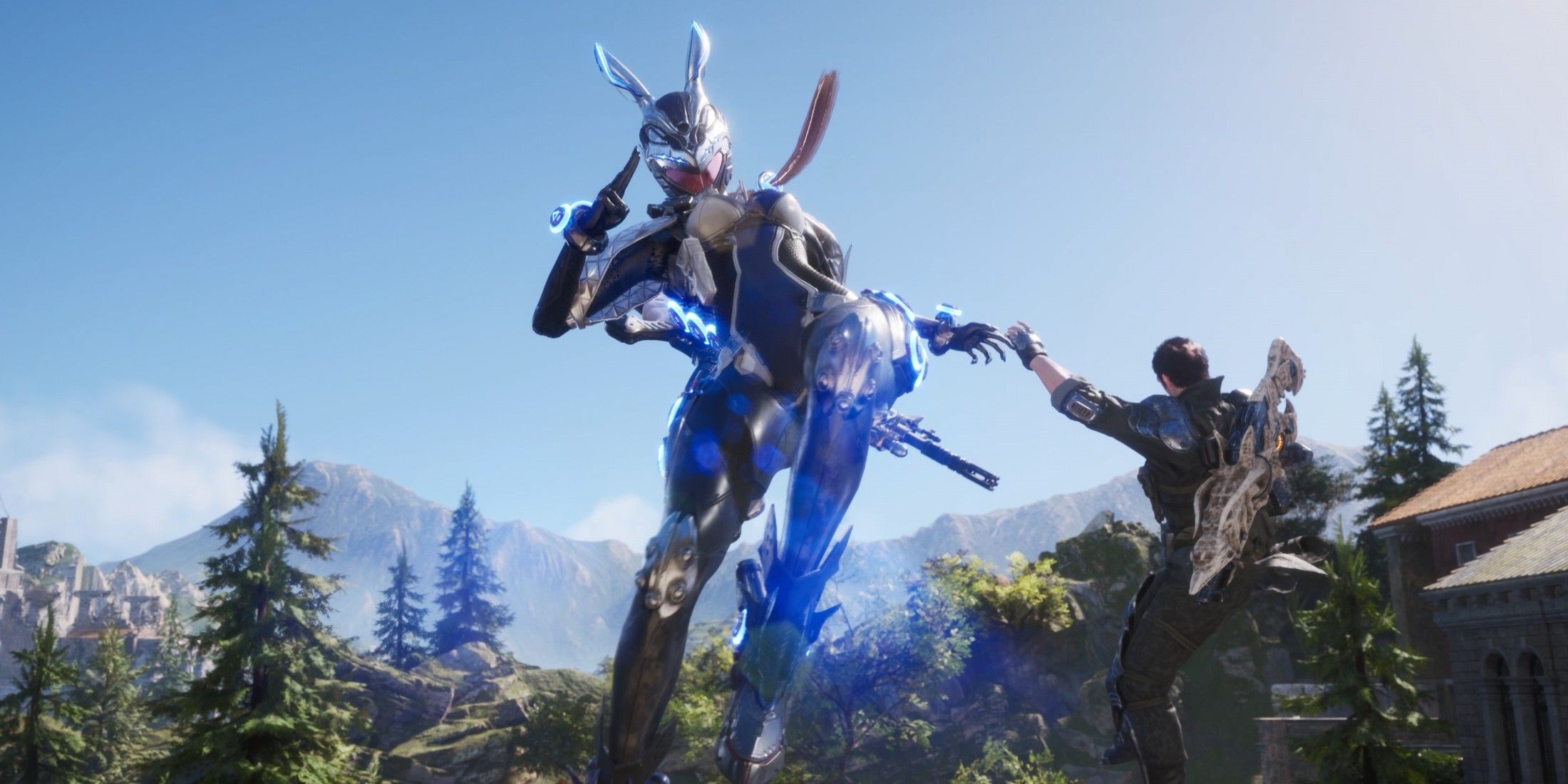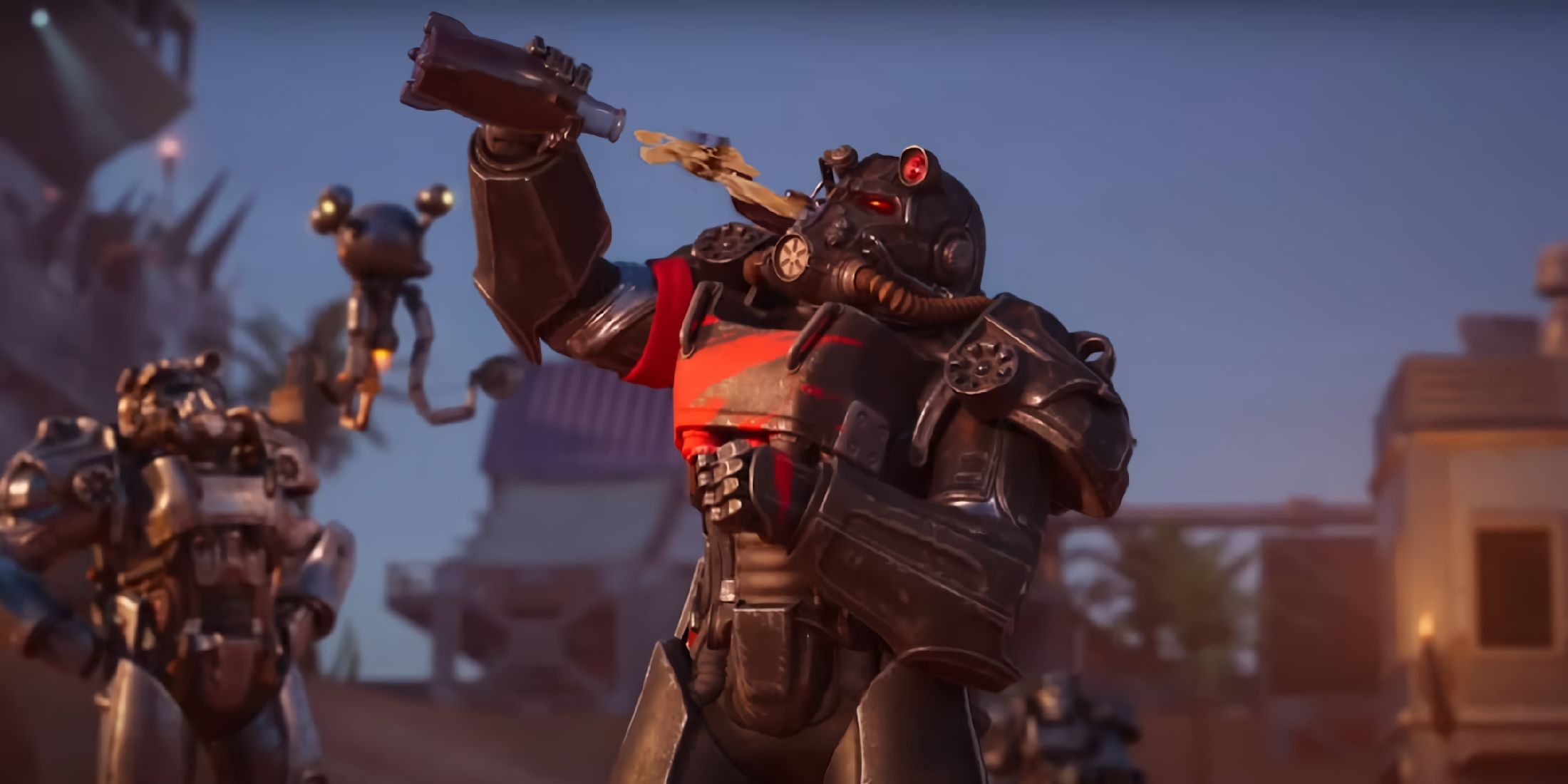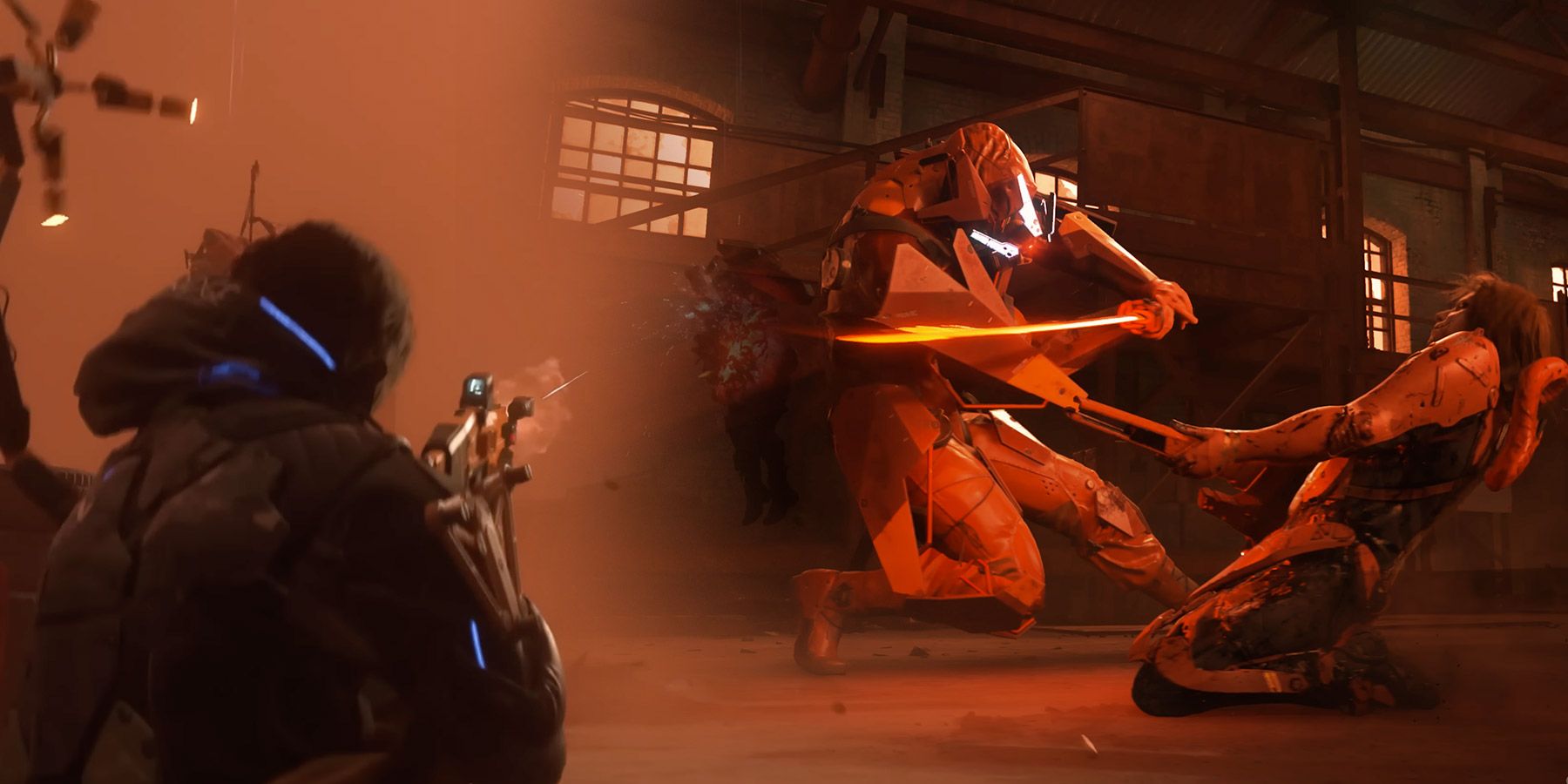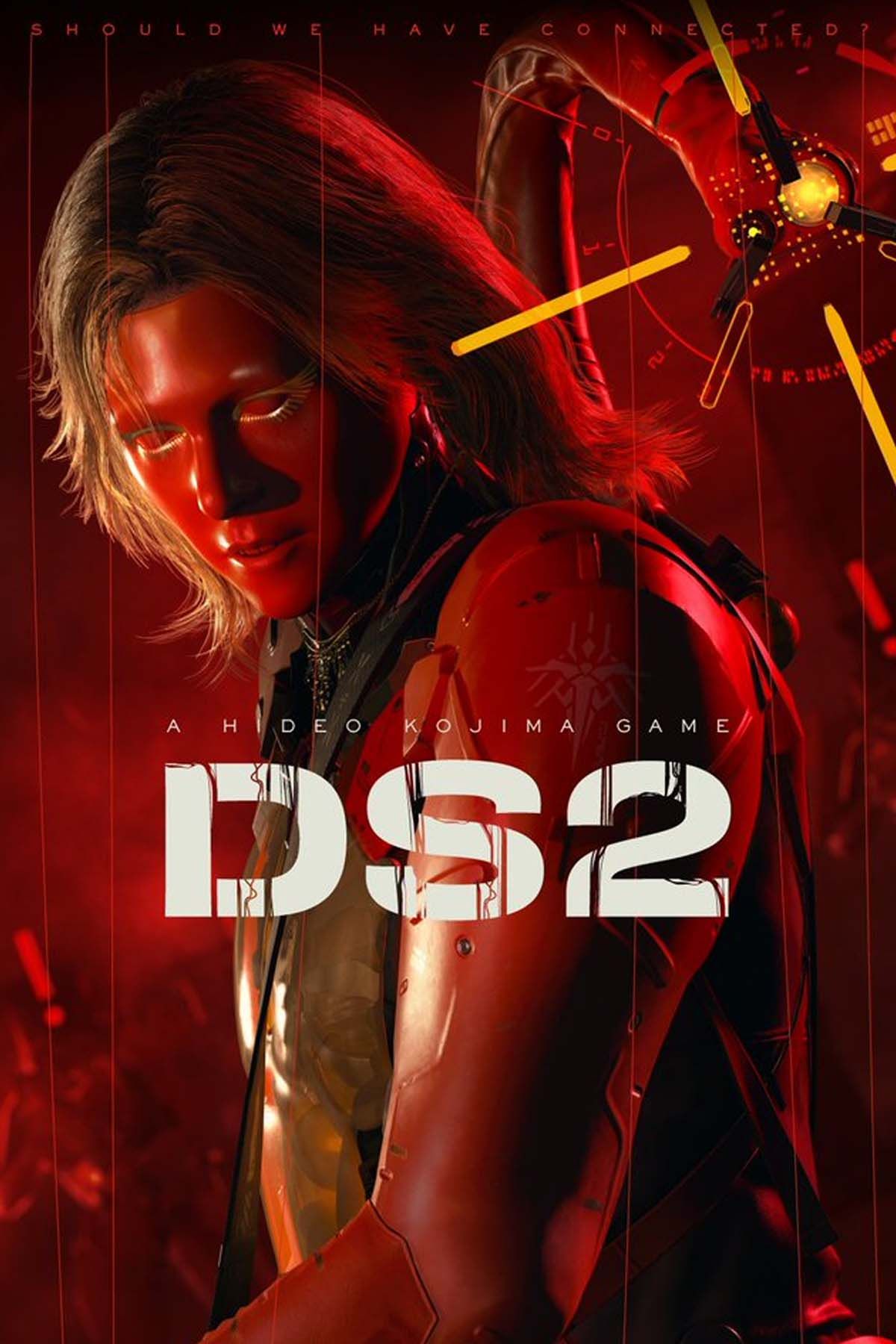Highlights
- Death Stranding 2 may bring a significant change with an increased emphasis on combat, diverging from its predecessor's pacifist approach.
- The sequel hints at a focus on conflict and consequences, as seen in the portrayal of the antagonist Higgs and the gameplay footage.
- While Death Stranding focused on themes of isolation and connection, DS2 seems to explore the consequences of connection, partially through a stronger emphasis on combat.
Death Stranding 2: On the Beach is Kojima Productions' upcoming sequel to Death Stranding, which made waves as one of the most bizarre yet captivating games in recent memory. Death Stranding's unique narrative and gameplay concepts almost served to establish an entirely new genre, and Death Stranding 2 may only cement that even more. Despite the similarities to its predecessor it is likely to bear, however, the sequel already seems to set itself apart in one rather significant way.
Death Stranding was never meant to be about combat, but it appears Death Stranding 2 may change that. In the first game, combat was largely discouraged due to the potential ramifications of killing someone. This makes Death Stranding 2's seemingly stronger emphasis on combat a literal game-changer.
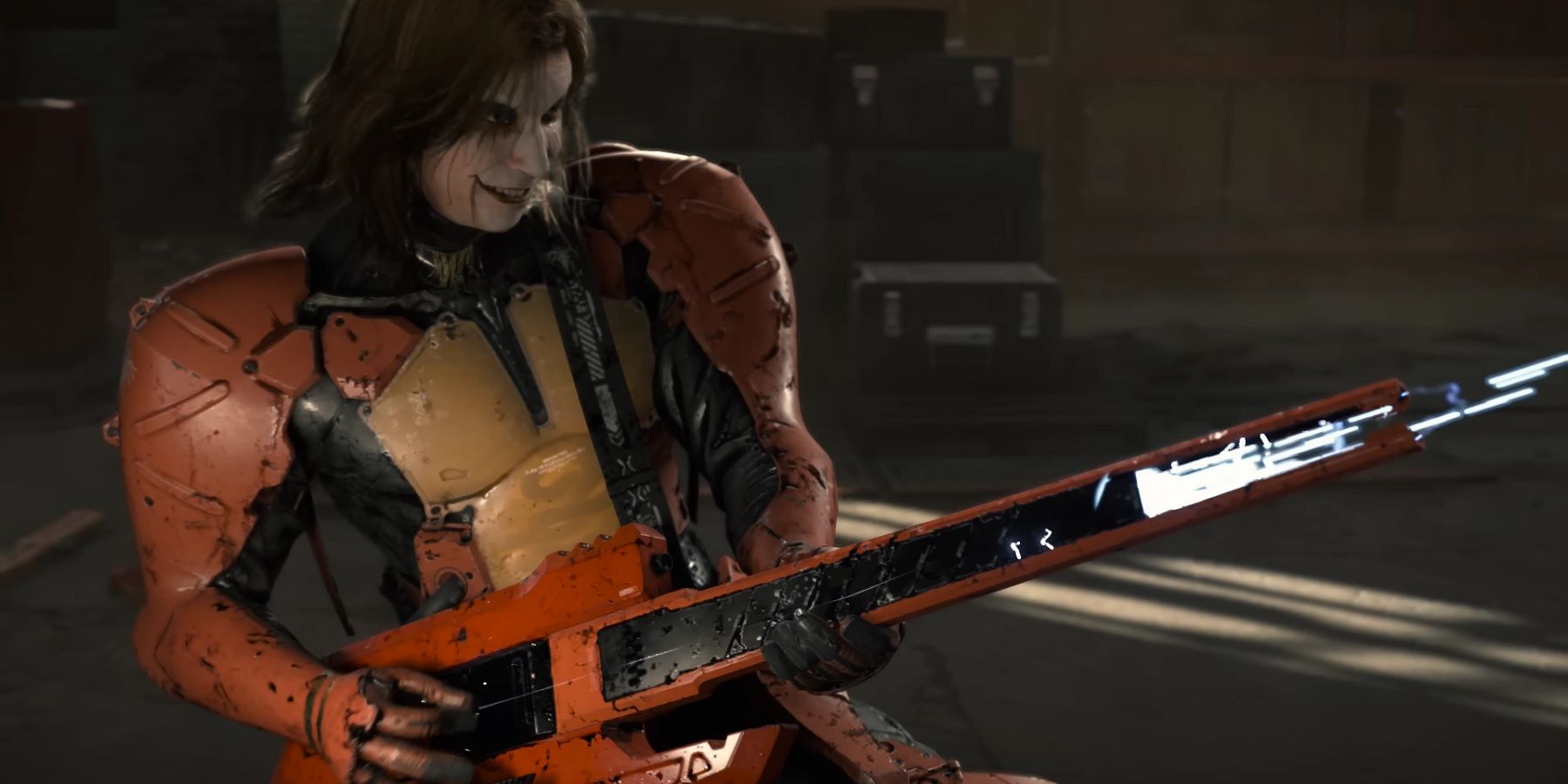
Death Stranding 2 Could Be Hiding a Surprise for Antagonist Higgs
The portrayal of the newly revived Higgs in Death Stranding 2: On the Beach appears to be hinting at a heel turn coming from the antagonist.
How Death Stranding 2's Stronger Emphasis on Combat Changes the Game
Death Stranding's Pacifistic Approach Highlighted Themes of Isolation and Connection
Death Stranding's combat has proven over time to be one of its most controversial features, not necessarily because there is anything wrong with it, but because it is almost nonexistent. There are times when players engage in combat with BTs (Beached Things) and these battles can be very fast-paced and gripping, but they are only used sparingly to create brief moments of suspense and tension. As Hideo Kojima's past games have often revolved around combat, Death Stranding's pacifistic approach to gameplay was divisive, even with the reasoning behind it being justified by the game's lore and world.
The primary focus of Death Stranding's gameplay revolves around traversal and delivery mechanics, so much so that the game has occasionally been referred to as a "walking simulator." Despite the extensive exploration and traversal Death Stranding requires, however, it's all done in the name of one of the game's most prominent themes: connection. Players control Sam, a porter for a company called BRIDGES, who is tasked with delivering supplies to various isolated cities in post-apocalyptic America and connecting them to a communication network called the Chiral Network. Now, in Death Stranding 2: On the Beach, the theme seems to revolve around whether connecting was the right move to make, and this is likely at least part of the reason why combat is more heavily emphasized in the sequel.
Death Stranding 2's Emphasis on Combat Implies Themes of Conflict and Consequences
Death Stranding 2's stronger emphasis on combat hasn’t been officially confirmed, but it can be clearly seen in the game's footage. Firstly, in Death Stranding 2’s State of Play trailer, Sam is shown stepping into a room full of various weapons. This isn't much different from the first game, as players had access to several different weapons then as well. However, in Death Stranding, there were only four different types of weapons available, whereas in Death Stranding 2, it appears there could be at least double that. Furthermore, another scene in the footage shows Sam firing at a group of suspended NPCs. It's difficult to make out who or what these NPCs could be, but a scene shown before it reveals a small army of robots who appear ready for battle, and the suspended NPCs bear a striking resemblance to those robots.
This implied focus on combat in Death Stranding 2 could mean a number of different things for its narrative, but it at least suggests themes that center around conflict and consequences. After all, the question of "Should we have connected?" already seems to indicate undesirable consequences; Sam and his friends may have to use a bit more force this time to fend them off. Death Stranding gave players access to a variety of both lethal and non-lethal weapons, with non-lethal being the preferred approach to dealing with enemies. As such, with Death Stranding 2's apparent emphasis on combat, it could potentially lean more toward a more lethal approach. Still, all of this remains to be confirmed and is purely speculation at this point.

